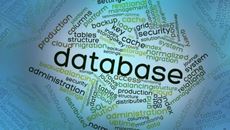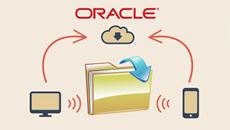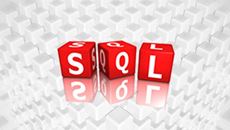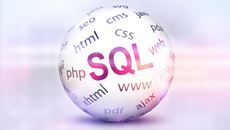- Delivery Method Online
- Professional Certificate
- 24hrs Suggested Study Time
- 3 Months Access
- Tutor Support
- Study On Any Device
- 2182 Students
Oracle Intermediate

Learn how to write powerful and flexible PL/SQL programs.
Gain hands-on experience with Oracle's PL/SQL programming language, with expert assistance from an IT veteran. PL/SQL is Oracle's procedural language extension to Structured Query Language (SQL). This course will give you the skills you need to write powerful and flexible programs using that language. You'll learn the building blocks and core features of PL/SQL, including expressions, various iterations, and built-in functions. Then, you'll begin building fully functional PL/SQL programs with procedures, packages, debugging routines, database structures, triggers, and cursor processing. By the time you finish this course, you will be able to store PL/SQL programs in a database and execute them.
Courses are delivered to you through expertly executed lessons, online instruction and interaction with like-minded students. Our courses are designed to deliver all of the benefits of studying in a classroom whilst giving you the flexibility to study at a time and place to suit your needs. You can access your classroom 24/7 from any device with an internet connection.
This course has a 3 month duration. You'll complete comprehensive lessons, quizzes and assignments before submitting your final exam at the end of the course to achieve your certificate. Courses must be completed within the 3 month access period.

Cindy Delia
Cindy Delia is a Systems Analyst and a certified instructor. She has been working in information technology for more than 18 years and has been a technical trainer for over 6 years. As a Systems Analyst, she specialises in database management syst... Read more
Read Cindy Delia's ProfileFrequently Asked Questions
The Learning Environment
From the moment that you enrol in the Oracle Intermediate you will become an integral part of our learning community. You'll find yourself with the freedom to learn at a speed that suits you, on any device, from anywhere in the world. Achieving your career goals no longer has to mean compromising family and work commitments.
Our Values
Learn At Your Own Pace
We believe in personalised learning. That's why we provide all the tools and support you need to succeed at your own pace. With flexible learning, you'll stay motivated and retain more information. Plus, you can balance your studies with work and family commitments to make your dreams a reality.
We Won't Break The Bank
Education should be accessible to anyone who wants to learn. That's why we offer some of the most competitive prices in the industry with payments plans for just $25 per week. Investing in your future is a smart choice and doesn’t have to break the bank.
Industry-Led Courses
There's no better way to learn than from experts with years of experience in your field. That's why each of our 200+ industry-led courses are designed to give you a real-life perspective on your industry. With our expert mentors, you'll learn from people who have a wealth of knowledge and experience, and who are passionate about sharing it with you.
Get The Personal Support You Deserve
At Vibe Learning, we're real people who are dedicated to providing you with personal support every step of the way. Our industry experts are not only professional and knowledgeable but also incredibly passionate about sharing their expertise with you. With their guidance, you'll gain invaluable insights and practical knowledge to help you succeed.
Still looking?
Check out the following courses related to Oracle Intermediate:





